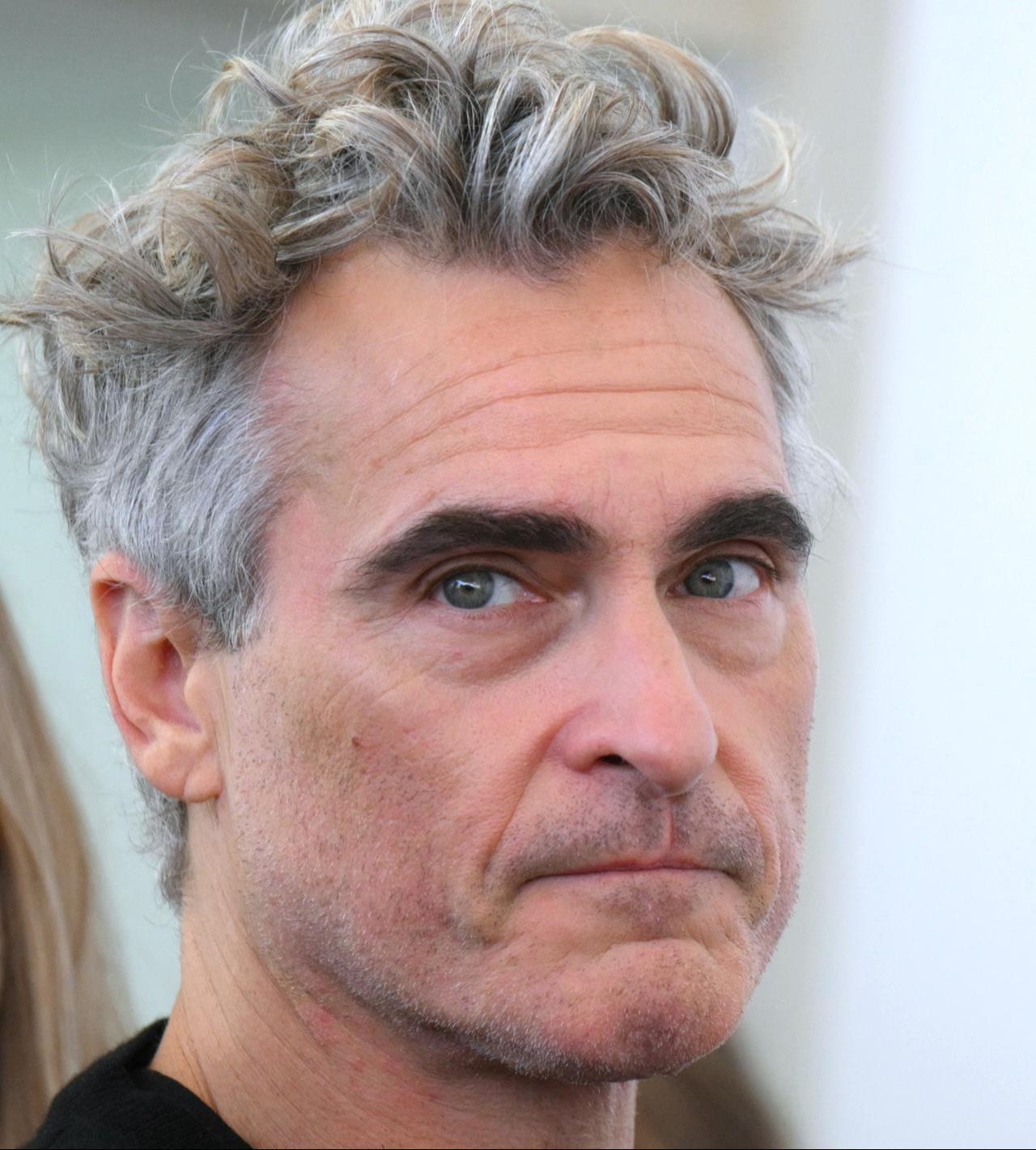
Over 4,000 film industry workers, including some major Hollywood actors, have now signed an open letter on Wednesday calling for a boycott of the Israeli film industry, citing their “involvement in genocide and the apartheid against the Palestinians.
Titled “Film Workers Pledge to End Complicity,” the letter was published online on Sept. 9.
Signatories of the pledge include actors Olivia Colman, Emma Stone, Mark Ruffalo, Tilda Swinton, Riz Ahmed, Javier Bardem, Joaquin Phoenix, Emma D’Arcy, Eric André, Elliot Page and Cynthia Nixon.
It defines complicity as “whitewashing or justifying genocide and apartheid and/or partnering with the government committing them.”
The letter’s FAQ clarifies that signatories may still collaborate with individual Israeli artists.
“We pledge not to screen films, appear at, or otherwise work with Israeli film institutions—including festivals, cinemas, broadcasters, and production companies—that are implicated in genocide and apartheid against the Palestinian people,” read the letter.
This pledge differs from previous Israel boycott campaigns in the arts and culture sector, as it specifically targets certain Israeli cultural institutions that signatories have committed to boycott.
"The call is for film workers to refuse to work with Israeli institutions that are complicit in Israel's human rights abuses against the Palestinian people," the letter said.
"This refusal aims at institutional complicity, not identity."

This is not the first instance of filmmakers using boycotts to oppose apartheid. In the 1980s, prominent Hollywood directors—including Jonathan Demme, Spike Lee, Steven Spielberg, Susan Seidelman, and Martin Scorsese—refused to screen their films in apartheid-era South Africa.
The group sent a letter to President Ronald Reagan in 1987, urging him to support the boycott, The Los Angeles Times reported.
Demme and Scorsese also issued a joint statement emphasizing that “boycott and divestment… are the last possible peaceful methods available to achieve the ultimate goal of social change in South Africa, short of the looming and inevitable violent civil war that presently threatens that country,” according to The Los Angeles Times.
In response to the pledge, the Friends of the Israeli Film and TV Producers Association, a nonprofit supporting the industry, described the Filmmakers for Palestine boycott as “profoundly misguided.”
They argue that the boycott unfairly targets filmmakers and producers who create diverse stories and encourage dialogue, rather than the policies or government actions it intends to criticize.
The Israeli industry is saying their work promotes understanding and peace, and that silencing them would be counterproductive to resolving the conflict.
Although Israel’s film industry has been expanding, it still earns much less than Hollywood, with 2025 revenues projected at $80 million—still far below Hollywood’s $9.6 billion.